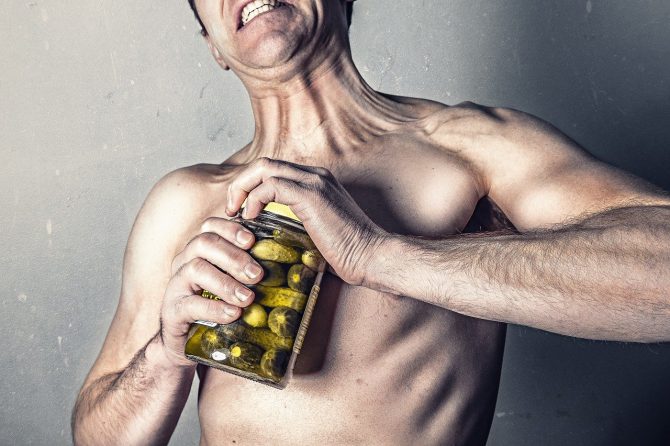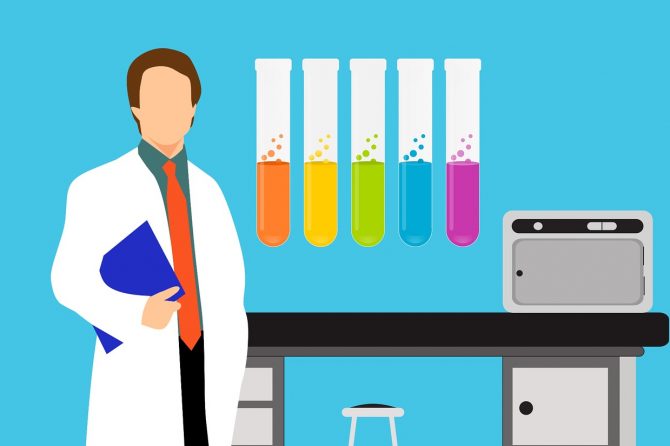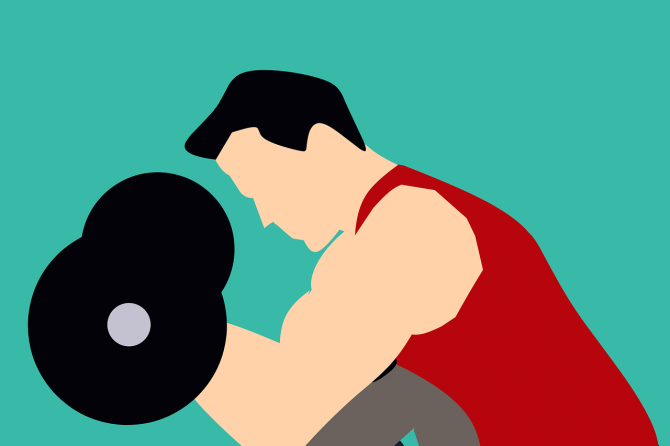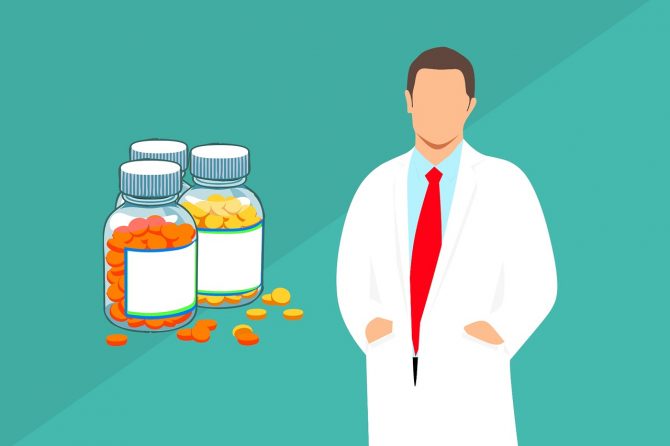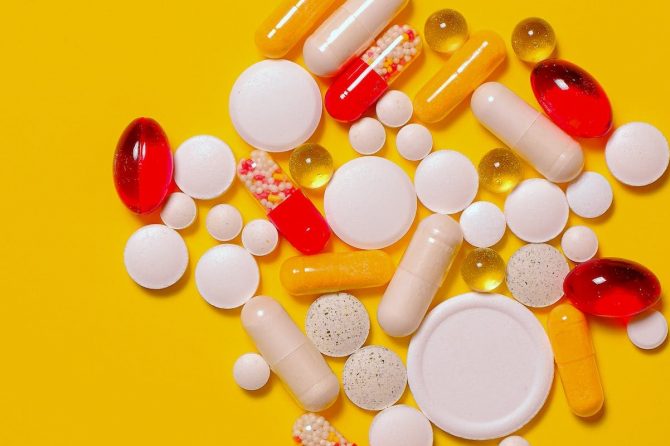
Testosterone Therapy vs. Natural Supplements
More and more people are seeking ways to boost their energy, vitality, and overall health. Two common approaches that often come to mind are Testosterone Therapy and Natural Supplements. Both of these methods claim to enhance one’s well-being, but they come with distinct advantages and potential drawbacks. In this comprehensive article, we will delve into
Read more
